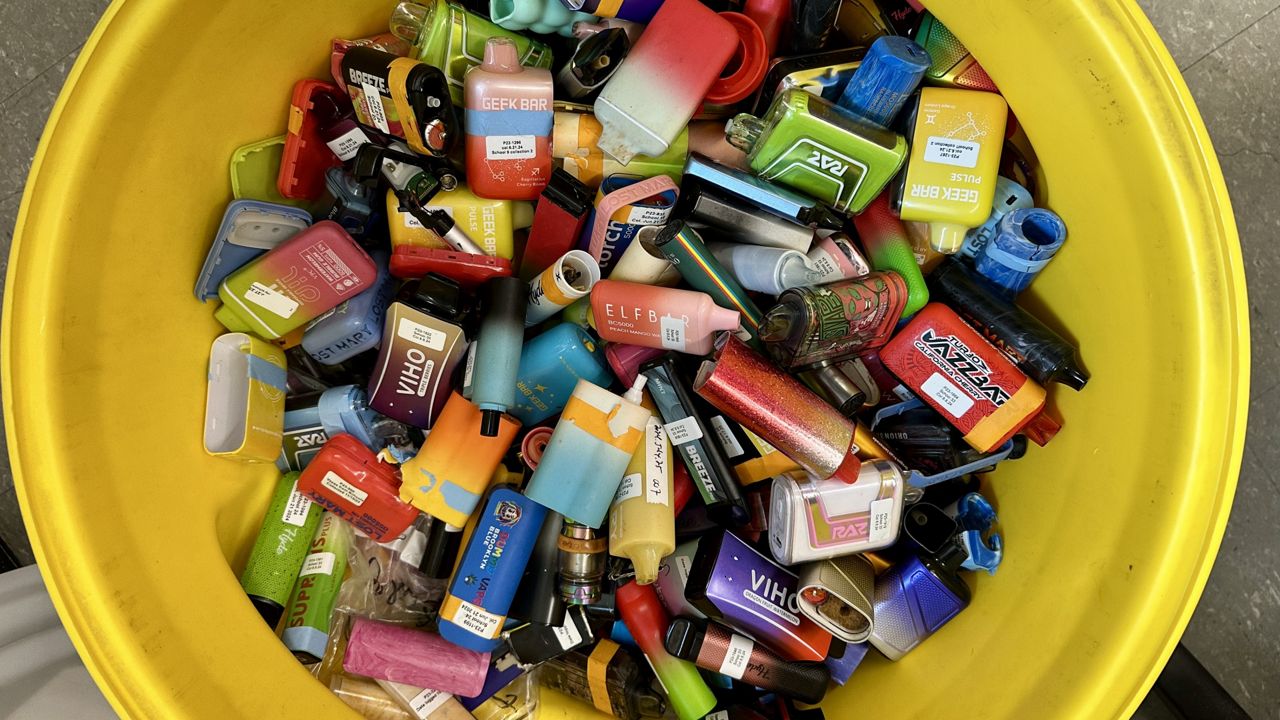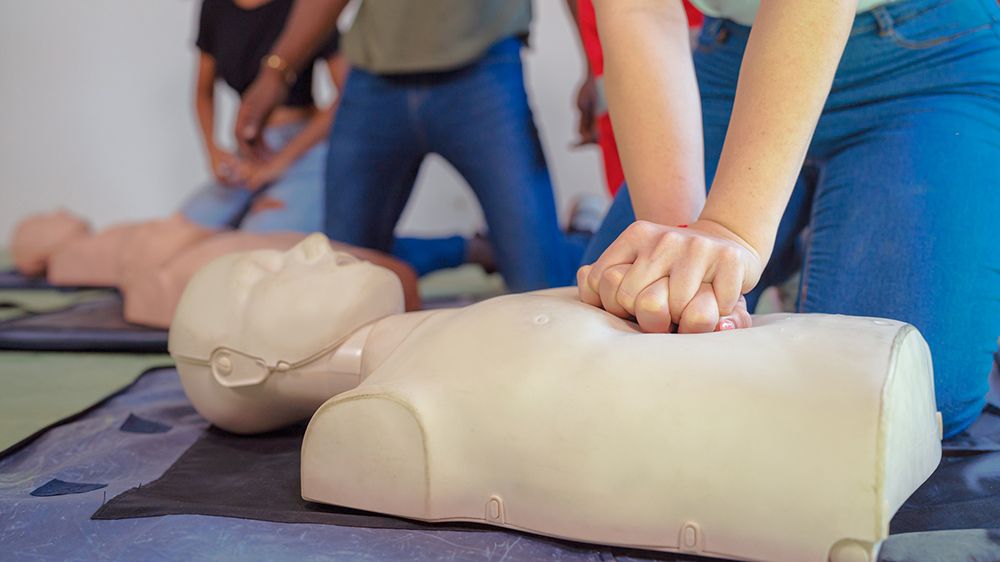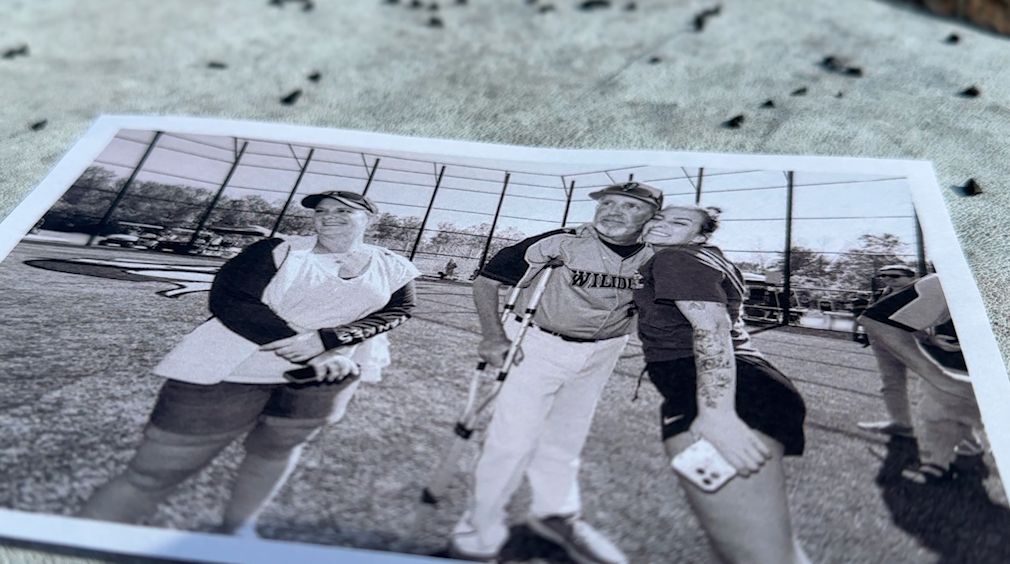BUFFALO, N.Y. — The Western New York community is reeling after hearing the news that authorities believe Buffalo State sophomore Saniyya Dennis took her own life.
"It is an opportunity to really make sure we're highlighting and educating the community and the public on what are the risk factors and warning signs when it comes to suicide risk," said Missy Stolfi, area director of the American Foundation for Suicide Prevention Western & CNY Chapters.
The American Foundation for Suicide Prevention reports suicide as the 10th leading cause of death in the United States. Some warning signs include changes in behavior such as not sleeping or eating more or less. Differences in a person's speech or tone like saying they can't take it anymore. A shift in mood is something to monitor too including being sad or withdrawn.
"Sometimes we're afraid to stick our nose in someone's business or we feel like we're being too nosy but if you get that feeling that something just doesn't seem right, it's worth a conversation to reach out," said Jessica Pirro, Crisis Services CEO.
If you or someone you know is struggling with mental health, there is help. Organizations like Crisis Services have 24-hour hotlines.
Trained teams are there to talk with you or a loved one about anything and guide you through that moment.
"For either the individual in crisis or loved ones who are concerned about somebody, you don't have to go through it alone," said Pirro.
Crisis Services says that when someone is in a crisis, their thinking becomes restricted.
"I think it's really important that us as a community need to do better to make it more compassionate and easier for people to connect for help," Stolfi said.
Family and friends who check in can make a big difference.
"It's very scary for a friend or loved one to receive a message from somebody who is in crisis, or is having thoughts of suicide, and we want people to know that they don't have to manage that alone. That's another perfect example of calling Crisis Services, or any hotline, to get some support and guidance to best take those next points of conversation," Pirro said.
Stolfi and Pirro say checking in with people to see if they're okay could mean more than you think. Looking at mental health as part of your general health — in their eyes — can also help bring more issues to light. And in moments of crisis, it's important to know resources are out there.
"We want people to know that a phone call away will give some support, some guidance, some suggestions, ideas or immediate intervention if somebody is at high risk of a concern for their safety," said Pirro.
Here are some resources you can reach out to:
- The 24-hour hotline for Crisis Services is 716-834-3131
- The National Suicide Prevention lifeline is 1-800-273-8255
You can also find information on the American Foundation for Suicide Prevention’s website.
Additionally, students struggling with this difficult news can also reach out to the counseling center at Buffalo State College. That number is 716-878-4436.
The Employee Assistance Program is also available for employees and their families.








